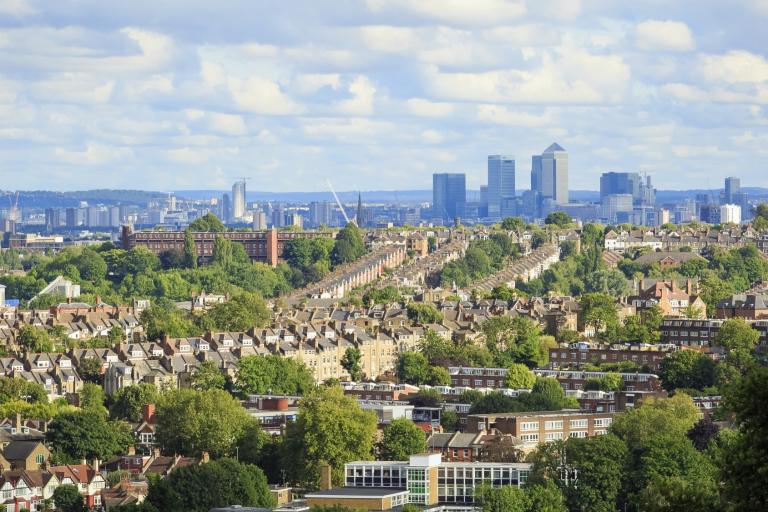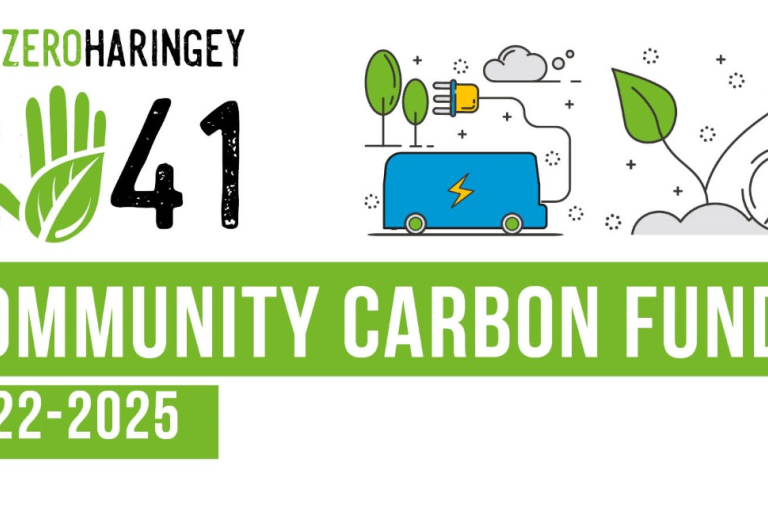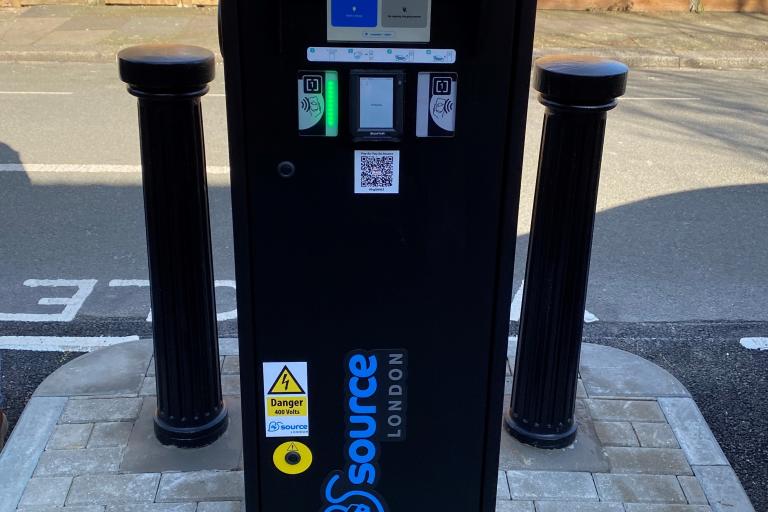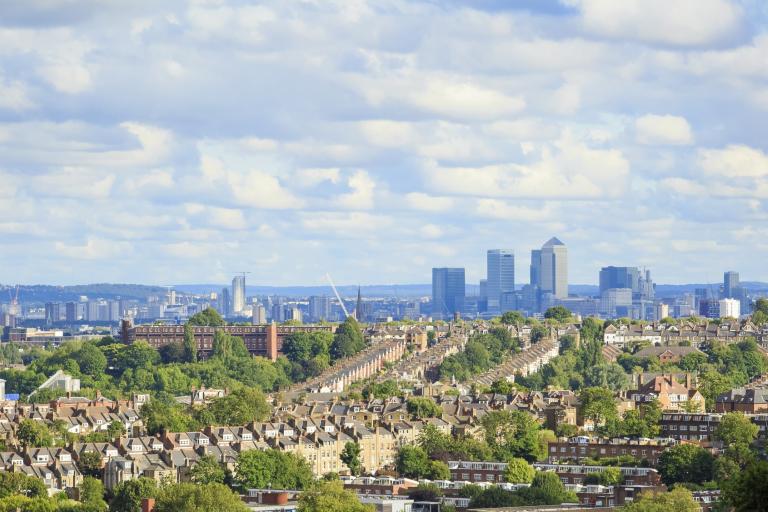
Last night (11 February), Cabinet agreed funding for seven collaborative programmes, including a four-year extension of the Haringey Community Carbon Fund and increasing the amount on offer for community projects.
Planning policies for new buildings in Haringey set high sustainability standards and the council’s teams work hard to achieve net zero developments.
The total allocation of £2.23m for the initiative comes from the council’s Carbon Offset Fund, made up of payments through Section 106 agreements when developers prove they cannot meet the necessary net zero standards on site.
Cllr Mike Hakata, Cabinet Member for Climate Action, Environment and Transport, said:
I am excited by the carbon savings and wider co-benefits these projects will deliver for our borough.
They form a core part of delivering on our ambitious Climate Change Action Plan and achieving our target for Haringey to be net zero carbon by 2041.
Crucially, the allocation includes an increase in budget for our Haringey Community Carbon Fund and secures funding for the next four years. This pioneering initiative empowers residents and community groups to deliver grassroots carbon reduction projects and is a shining example of the Haringey Deal principles of co-production and community collaboration in action.
Cllr Sarah Williams, Deputy Leader and Cabinet Member for Housing and Planning, said:
While our priority will always be to achieve net zero developments, where this is not possible our offsetting scheme enables us to channel funds into vital community-led projects.
This fund is a key tool in our arsenal as we rise to the challenge of the Climate Emergency and build a greener, cleaner and more sustainable Haringey.
It will support the borough to reduce carbon, cut spend on increasing energy costs, and integrate climate resilience into our built environment.
The seven projects that will receive funding include initiatives to decarbonise the council’s corporate estate, support community action, tackle fuel poverty, increase urban tree planting and drive behaviour change and are based on ideas from the council and community.
The Cabinet report can be read here.



